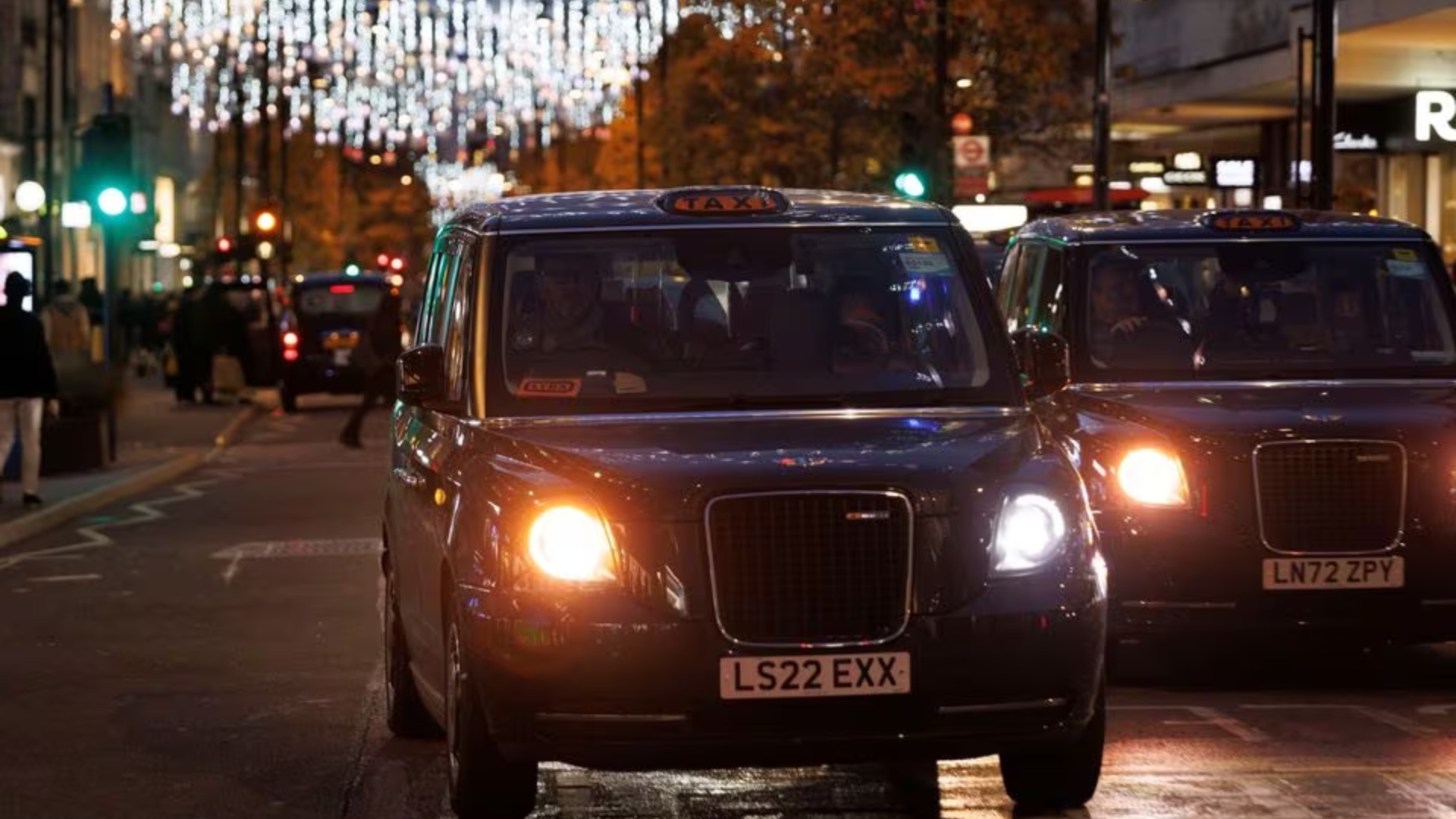LONDON, Nov (Reuters) – Uber (UBER.N) will open up its platform to London’s black cabs next year, the ride-hailing firm said on Wednesday, trying to win over the British capital’s taxis after a decade of tensions.
London’s black cab drivers – who have to pass a test called “The Knowledge” requiring them to memorise thousands of routes within the city – have long been at loggerheads with Uber, arguing it threatens their livelihoods.
The new service offered by Uber, which will be rolled out in early 2024, will enable black cab drivers to sign up to the app to take booked journeys. The U.S.-based giant is offering them a no commission deal for the first six months.
But a group representing the majority of black cab drivers dismissed the offer, saying there was no demand for it from members.
“We have no interest in sullying the name of London’s iconic, world-renowned black cab trade by aligning it with Uber, it’s poor safety record and everything else that comes with it,” said Steve McNamara, general secretary of the Licensed Taxi Drivers Association (LTDA).
Black cabs, also known as Hackney carriages, are the only London vehicles that can pick up passengers from the street or taxi ranks in the city. They can also be booked through other apps.
In London, one of Uber’s top five markets, the company wants taxi drivers to join its service as they have already done in Paris, New York and Rome. It says passengers and taxi drivers both benefit when the latter work with Uber.
If London’s “cabbies” do take up the offer of joining the platform in significant numbers it would represent a huge thaw in relations.
Their dispute was at its height in 2014 when cab drivers blocked the streets to protest against Uber, but they have continued to be vocal in their opposition to the service since.
One driver, Hameed Hameedi, said he was on board, becoming the first London cab driver to sign up. He said it could be a “huge advantage” to the trade.
“Ultimately, more passengers booking trips means more cash for cabbies,” he said.
Reporting by Farouq Suleiman and Sarah Young Editing by Tomasz Janowski and Mark Potter











